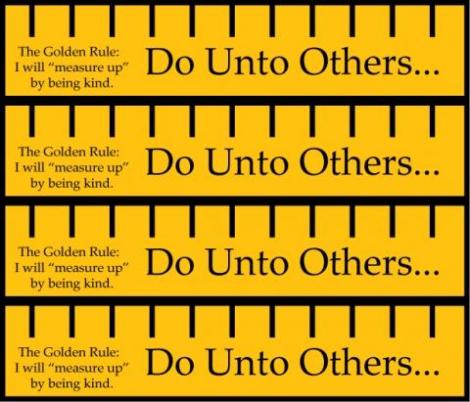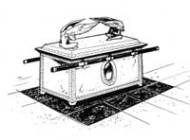 |
| Relationships - Team Building Together |
The old adage says there’s no “I” in team. Relationships need to be that way.
Defining ego – “The self, especially as distinct from the world and other selves.”
An issue that affects many relationships is that ego gets in the way. We often put our personal needs ahead of others. We think of ourselves first. Decisions are made on what’s best for us.
In 1973, Robert Ringer wrote a book entitled, “Winning Through Intimidation.” The title alone bothers me.
If someone wins then by implication someone loses. If we win by intimidation, it implies that our ideas are not accepted on their merits but rather on who shouts the loudest or applies the most powerful leverage.
Ringer says that his intent was to help individuals learn how to avoid being intimidated. He even changed the name in a subsequent printing to “To Be or Not to Be Intimidated?: That is the Question. “
Nevertheless, the original title has stuck and it seems to reinforce the natural inclination that the biggest, the strongest, the mostest wins; and the smaller, the weaker, the leaster loses. That premise, burned into the psyche of the twentieth and twenty-first centuries, has caused immeasurable damage to relationships in our generation.
The equation for a good relationship that has each person giving 100% of themselves to the relationship, has no room for intimidation. It allows no room for ego. It grants no license for one party in the relationship to lord it over the other party.
Why the emphasis on ego or self?
Beyond it being a natural inclination of most of us, there are several reasons for self to want to prevail.
- On the school yard, the smaller or less coordinated are bullied and ridiculed.
- On the team, the younger, weaker, and lesser skilled ride the bench.
- The under-achieving child is often belittled by an unthinking parents or relatives.
- The dreamer is said to lack focus and to be weak.
- A domineering parent sets the pattern for future domination.
- Living in a family of takers sets the mental switch creating another taker soon.
- Not quite fitting in creates a determination to write the rules themselves someday.
Breaking the pattern
With a lifetime of experiences and often emotional pain that says “win or else,” it can be difficult to change the way we think. Why should we change anyway? “I've spent a lifetime getting to a point where I can make them respect me, and I like it.”The reason we have to change is that we simply can’t be happy living without relationships. But good relationships need to support the mutual needs both parties instead of promoting the BIG one over the LITTLE other.
Our experiences, especially the painful ones, remind us every time we dwell on them; that we have to stand up for ourselves because nobody else will. A good relationship has the strength of the partner standing up for us while we stand up for them.
Patterns of the past have taught us to do what’s right for us and let the others catch up. A good relationship has each party doing what’s right for the other. There’s great comfort in knowing that someone has your back.
Base life on reality not on negative thinking
If we dwell on the need to take care of ourselves today because no one else did when we were vulnerable, our relationships will fail. Yet, the reality is nobody is treating us like today. It may have been many years, but the memories are a fresh as yesterday, because we probably thought about them yesterday.If we're governed by the idea that I had nothing to contribute then and I have nothing to contribute now, even though I'm in a relationship, it will be hard for that relationship to prosper.
Better to learn how to manage all that negative thinking from the past so it can’t damage the reality of present and future relationships. That’s what Finding Personal Peace offers – a way to manage all that trash thinking that makes us angry, depressed, selfish, sad, and worse.
Focus on the team of relationships by getting the self-centered thinking out of the way and you’ll begin to see reality, peace, and hope in all your relationships.
Focus on the reality of strong relationships today being far better that re-thinking the losses of yesteryear.
Go for it!
www.findingpersonalpeace.com
Thanks for reading our blog today. I invite you to respond in several ways: (1) Comment in the space below if you agree or disagree with what I've said. A dialogue could be interesting for all; (2) Share the post with your friends using the buttons below; and (3) sign up to get an email with each new post. There’s a place to do that on the right. Then you won’t have to remember to look for our subsequent posts. Thanks again!













